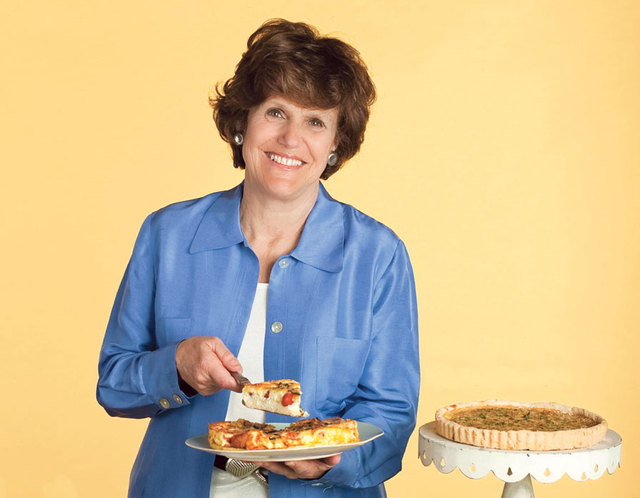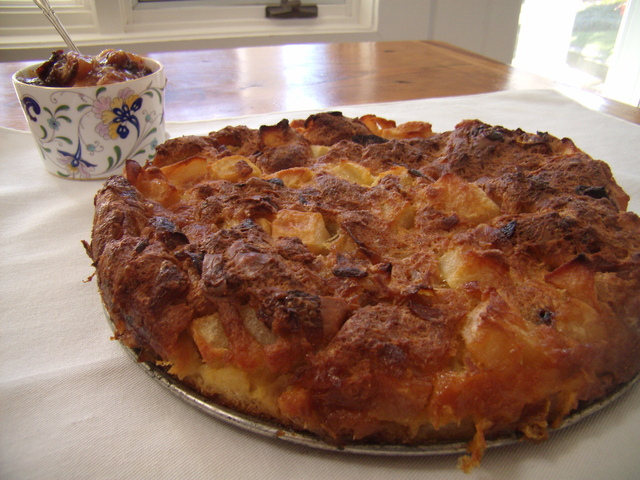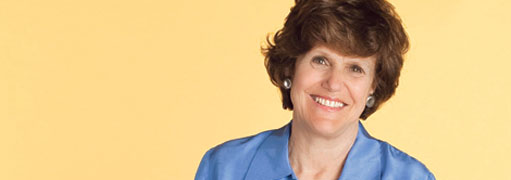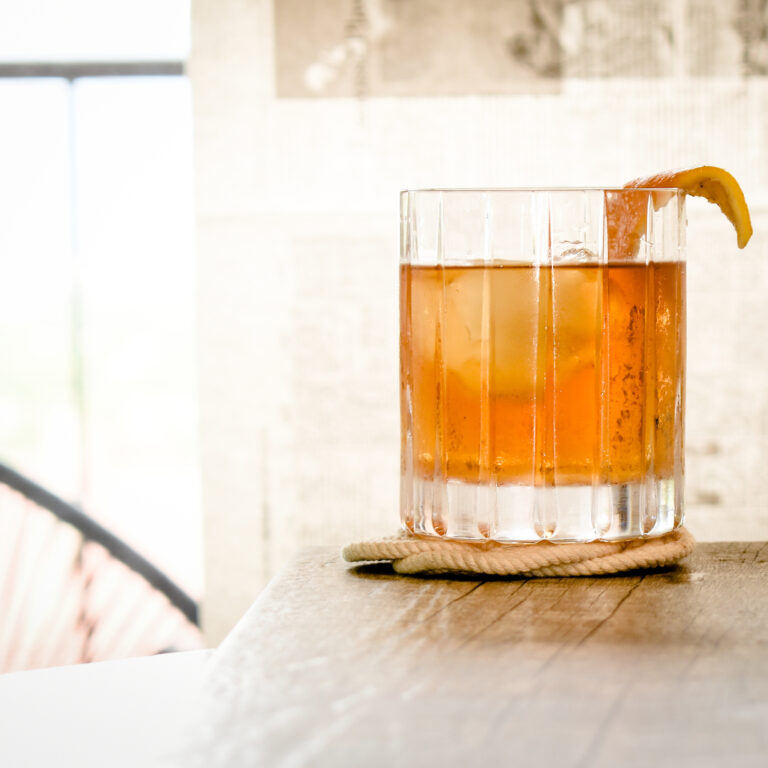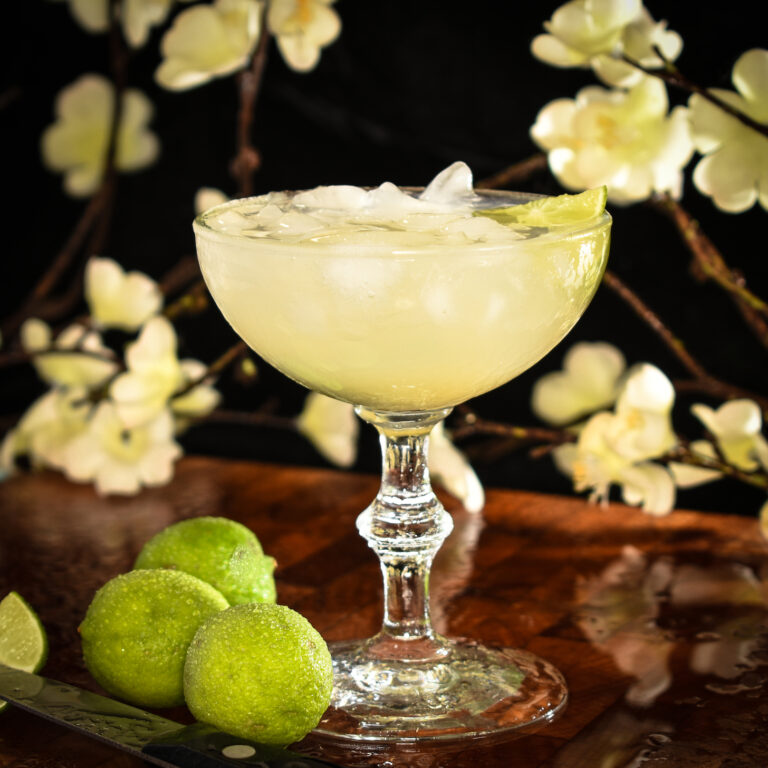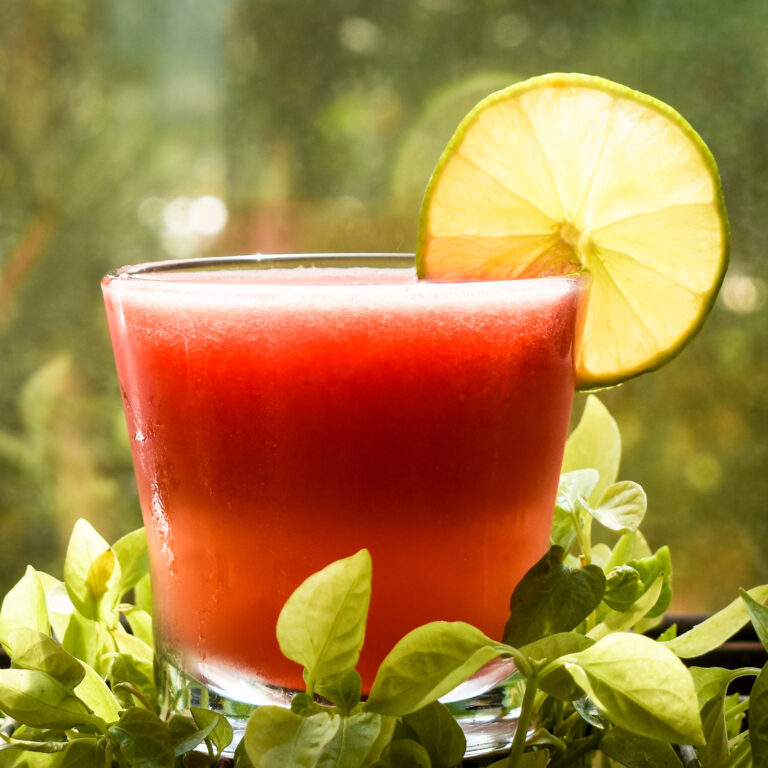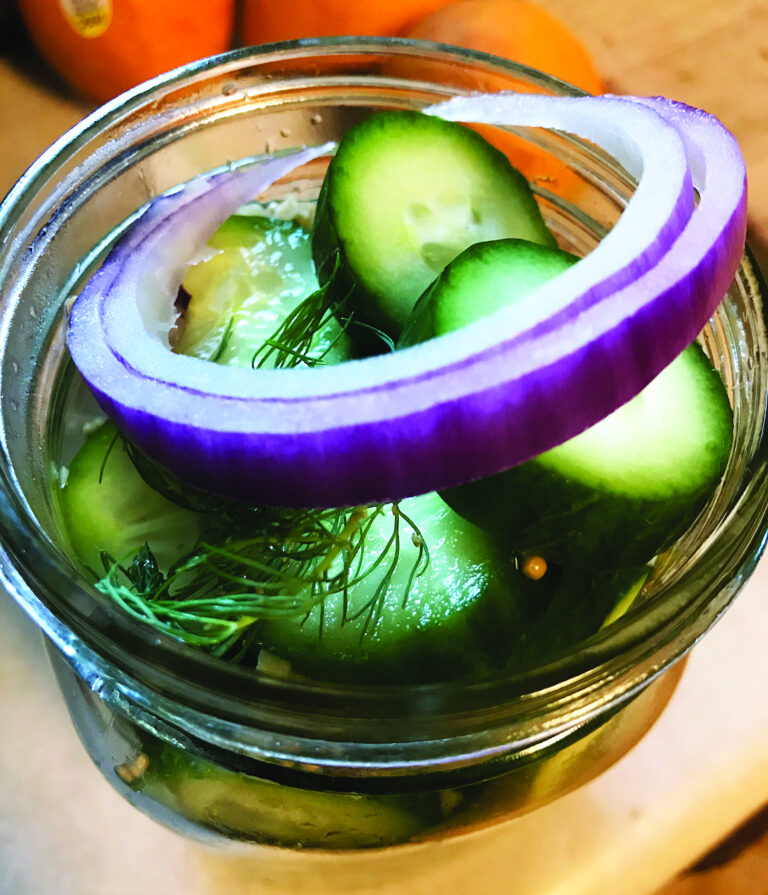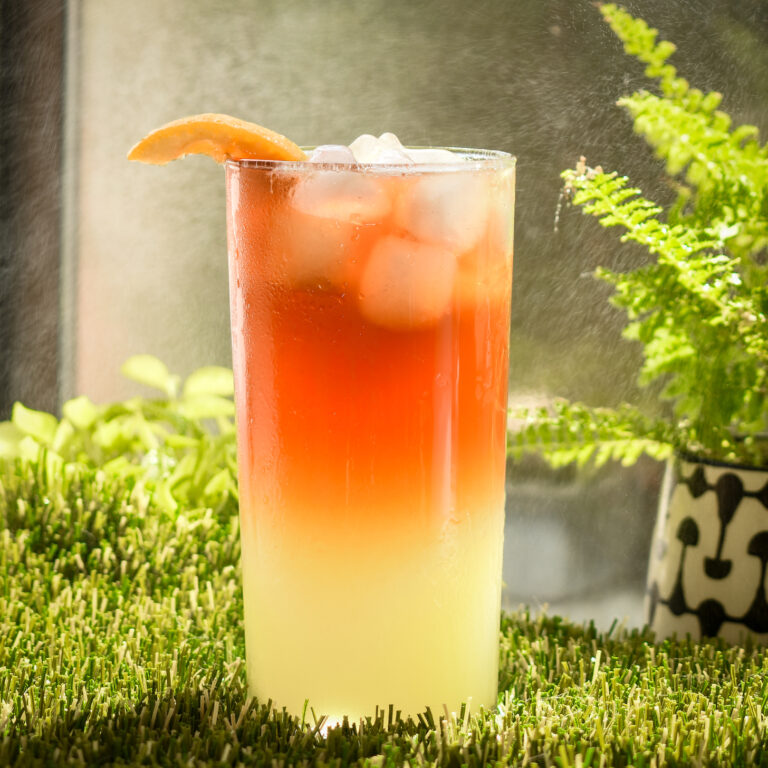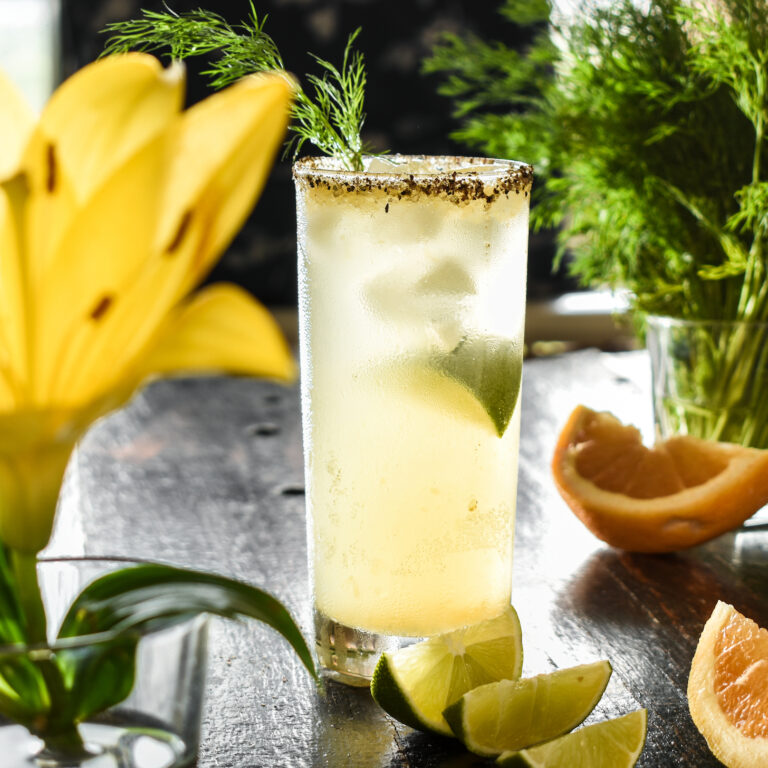When I reach Joan Nathan at her home in D.C., I hear the rattling of pots and pans. She’s giving instructions to someone in the kitchen. “Is this a bad time?” I ask. “I can call later.” She tells me it’s fine—she’s just picking up after a fundraiser she hosted the previous evening with guest chef Alice Waters of Chez Panisse. Nathan, a two-time James Beard award-winning cookbook author and New York Times food columnist, is well-known for her PBS series "Jewish Cooking in America with Joan Nathan." We settle down to discuss her latest opus, Quiches, Kugels and Couscous: My Search for Jewish Cooking in France (Knopf, 2010).As with all of Nathan’s projects, this book is packed with information. More than a cookbook, the pages are rich with photos, essays and the intricate history of how immigration brought one of the largest Jewish populations in the world to France. And with them came a bounty of food from North Africa, Middle Europe and the Caucasus. Add to that the requirements of kashruth—keeping kosher—and you have the intriguing evolution of Jewish-French gastronomy in the food capital of the world.Nathan traveled throughout France to unearth the secrets of this semi-hidden cuisine. She followed her research to cities, towns and villages, finding recipes and the people who still carried them through two millenniums of Jewish presence in France. From Alsace in the north, to the bistros of Paris, to the bustling seaports of the south, Nathan discovered that much of French cuisine has roots in the Jewish tradition.“Since most people think there aren’t so many Jews in France, I used the title as a metaphor,” Nathan says. “France happens to be the country with the third largest Jewish community in the world, about 600,000—a presence that has gone back at least 2,000 years, so they are in fact, very French. Thus ‘quiche,’ representing Jewish cooking as assimilated into mainstream French cuisine. ‘Kugel,’ a symbol of the true origins of Ashkenazic cooking—Alsace and Southern Germany, where dishes like knoedel , chopped liver and of course, kugel, were developed. And ‘couscous,’ as North African Jews comprise almost half the population of Jews in France today and love to eat couscous on the Sabbath.”The recipes in Nathan’s book are plentiful and mouthwatering. Standards like kugel and latkes, as well as exotic dishes such as Moroccan chicken with olives and preserved lemons, are luring me to the kitchen. (For readers who’d like to try that dish and a wonderful lemon tart, recipes are posed here: bit.ly/nathanrecipe.)Nathan will be in Albuquerque on Saturday, Feb. 5, for a book signing and fundraising event to benefit Solomon Schechter Day School. The fundraiser takes place at a private home and includes dinner and drinks with Nathan, a brief discussion of her research, a demo of a recipe, and an autographed copy of her book. Tickets are $130. Reservations are limited to 100. For information and to RSVP, call 232-2325.
Send your restaurant tips, food events and other delicious tidbits to food@alibi.com
